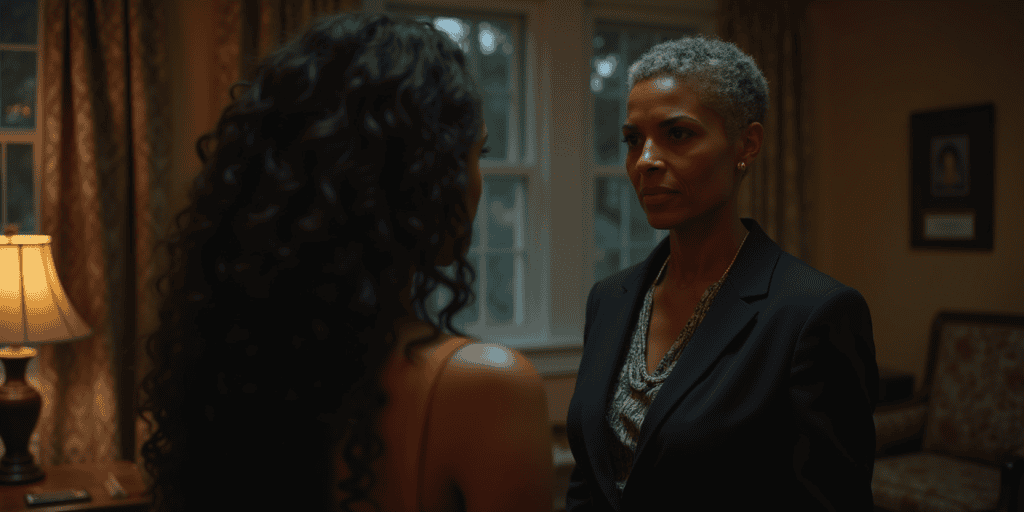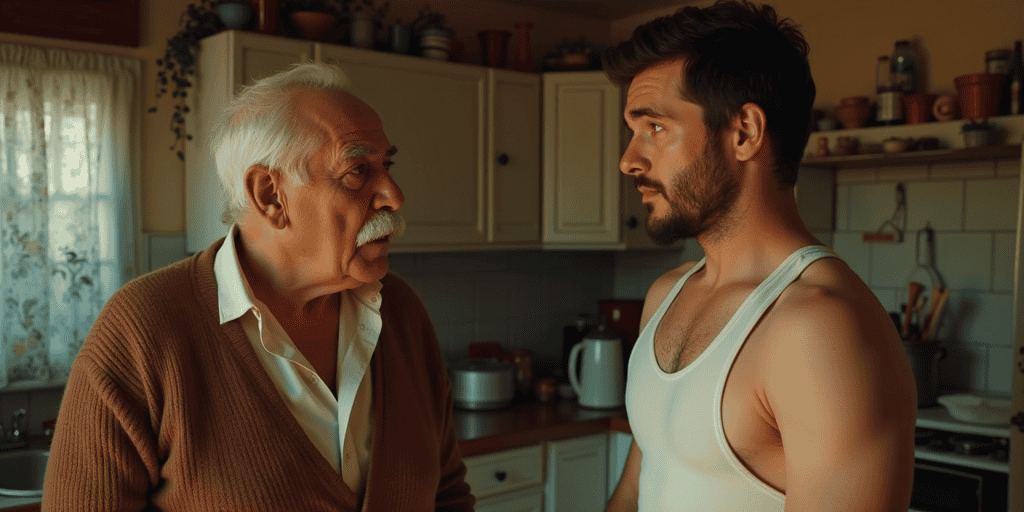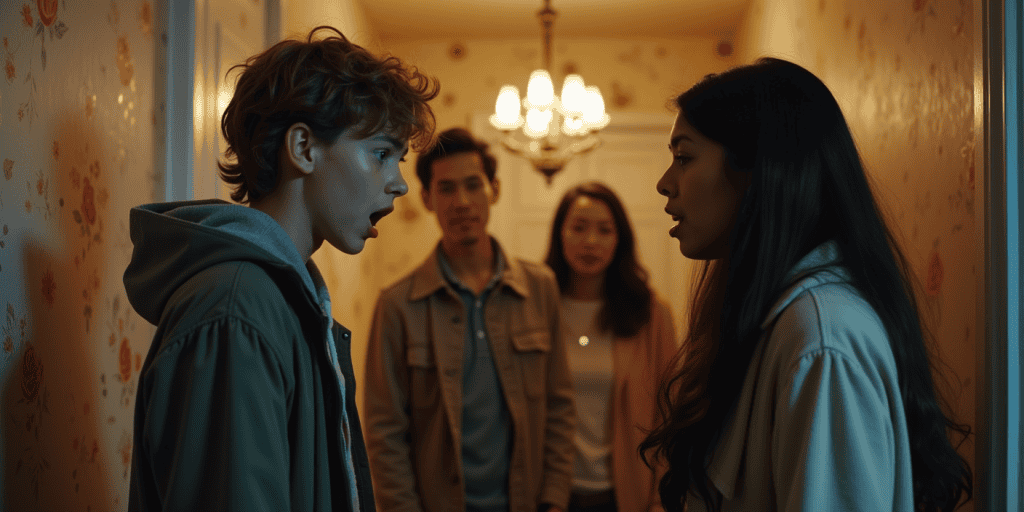Let’s get one thing straight. Just because your family refuses to apologize doesn’t mean you’re wrong for wanting for one.
You’re not being dramatic. You’re not holding a grudge.
You’re asking for something they don’t know how to give: accountability.
In families where narcissism runs the show, you learn quickly that your feelings don’t matter unless they make someone else feel good.
And if they don’t? You’re either ignored or guilt-tripped into silence.
I’ve been there. I know the ache of sitting at a dinner table, feeling invisible in a room full of people who claim to love you.
Let’s talk about why they do it and why you can still heal even if that apology never comes.
Table of Contents
Admitting The Truth Feels Too Uncomfortable

I once told my narcissistic mother how something she said years ago had left a mark on me. I wasn’t looking for a breakdown or a dramatic moment. I just wanted acknowledgment.
What I got instead was a scoff and a shrug:
“You’re still holding on to that?”
It hit me like a punch to the gut. Not because of the words, but because of what she meant.
That she didn’t want to deal with it. That my pain was inconvenient. That if she admitted it happened, she’d have to admit she wasn’t perfect.
Dr. Ramani says narcissists protect their egos like a fortress. And anything, even truth, that threatens that image?
It gets deflected, denied, or destroyed.
They Believe Silence Equals Forgiveness
There’s this unspoken rule in my dysfunctional family: if we don’t talk about it, it didn’t happen.
I remember trying to bring up how isolated I felt growing up. How emotional support just wasn’t a thing in our house.
My toxic mom’s response?
“Why are you trying to ruin a perfectly good afternoon?”
That’s when I realized… in their world, silence was peace. Silence was “moving on.” But for me, silence felt like abandonment.
No one heals in a place where their pain isn’t allowed to exist.
They Feel Entitled to Your Forgiveness

Here’s a line I’ve heard more than once:
“I’m your mother. You should respect me.”
But respect without responsibility is just control.
The truth is, being a parent doesn’t give you a free pass to be hurtful. It doesn’t excuse manipulation, neglect, or emotional harm. And it definitely doesn’t mean your child owes you forgiveness just because you gave birth to them.
I used to feel so guilty for even thinking that. But eventually, I learned that love that demands silence isn’t love. It’s fear.
They Fear Accountability Will Change the Family Dynamic

Let me tell you, the moment you start standing up for yourself, the family energy shifts. And not in a good way.
When I started setting boundaries and speaking honestly, I became “difficult.” I was told I was “too negative,” that I was “breaking up the family.”
Translation? I wasn’t playing the role anymore. I wasn’t the fixer, the forgiver, or the peacekeeper.
And they didn’t like that.
But keeping everyone else comfortable shouldn’t cost you your healing. That’s a bill you shouldn’t be expected to pay anymore.
They’ve Convinced Themselves It Wasn’t That Bad
Once, I brought up a specific memory, something that had left me anxious for years.
I remember every detail. The room, the words, how small I felt.
Their response?
“That’s not how it happened.”
It was like someone reached inside me and yanked out the truth.
When people rewrite history, it’s not because your story isn’t real. It’s because it’s too real for them to handle.
So they minimize it. Dismiss it. Twist it.
But here’s what I know now: my pain doesn’t have to be “big” for it to matter.
It just has to be mine.
They Genuinely Don’t Know How to Apologize

Some families were never taught how to say “I’m sorry” and actually mean it. Mine certainly wasn’t.
Instead, I got quiet gifts. A random text out of nowhere. A seat saved at the table, as if that erases the years of damage.
No one ever said, “I was wrong.” No one ever said, “That shouldn’t have happened to you.”
And for a long time, I settled for crumbs. I mistook politeness for progress.
But healing takes more than kind gestures. It takes truth. And truth doesn’t come wrapped in a gift bag.
They Believe Time Heals All Wounds
They think if enough time passes, I’ll forget. That I’ll come back around like I always used to. That the silence will eventually smooth things over.
But silence doesn’t heal wounds, it hides them. And hiding something doesn’t make it go away.
Years went by, and I still felt stuck in the same emotional cycle. Because time didn’t take the pain… it just buried it deeper.
And buried things don’t disappear. They rot.
Healing doesn’t just need time. It needs honesty.
So If They Refuse to Apologize…

Here’s what I want you to know: You can still heal.
You can grieve the version of your family you never got. You can feel the loss of that apology without letting it define you. You can set boundaries that don’t require anyone’s approval.
I stopped waiting for words they couldn’t give me. And instead, I gave myself what I needed: permission to move on without them.
I found peace in the truth… my truth. Not in their silence.
And you can too.
Related Posts:
- 7 Ugliest Red Flags in a Toxic Family Dynamic You Should Never Ignore
- 10 Commandments of the Narcissistic Family: The Code I Was Forced to Obey!
- 5 Things That Set Your Narcissistic Family Off!
- How to Escape a Narcissistic Family? My Guide to Your Safety
- Why You’re Still Scared to Set Boundaries With Your Toxic Family?


